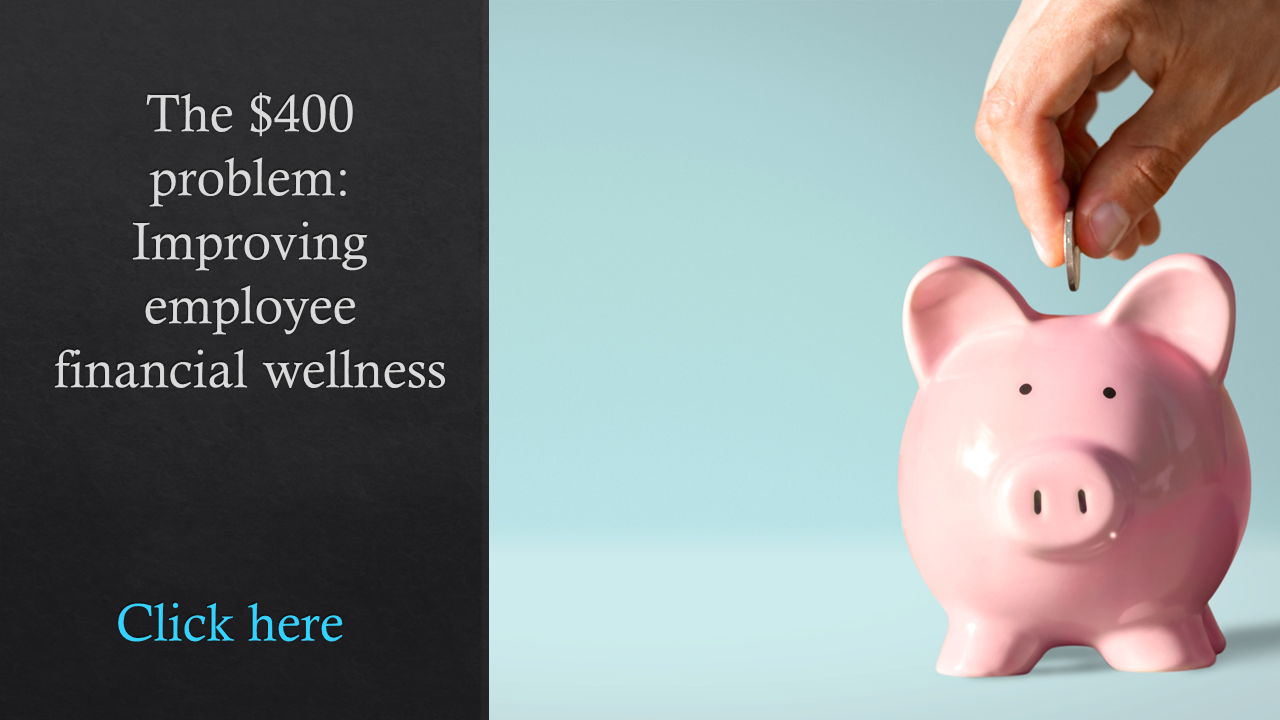Nearly six in 10 U.S. workers are concerned their paycheck is not enough to support themselves or their families as employees look to keep up with soaring inflation, according to new data from the American Staffing Association. The trade association’s recent Workforce Monitor online survey—which polled more than 2,000 adults—found that the concern was even greater for Hispanic workers (69%) and for parents with children under 18 (66%).
What it means for HR leaders
The data is the latest to reiterate the toll rising inflation is taking on employees’ financial—and emotional—health. These concerns also indicate a call to action for HR leaders: Address soaring inflation by boosting wages or helping in other ways, or be prepared to lose employees to better-paying jobs.
That’s because, according to the ASA survey, 28% of employed U.S. adults plan to search for a new job in the next six months in response to inflation. That number is even higher among millennials (40%) and Gen Z (36%).
Additionally, the survey finds, 27% of employees plan to start a second job to supplement their income, and 20% plan to ask for a raise from their current employer.
Some organizations are listening to salary and inflation concerns: For instance, new data out from Willis Towers Watson finds that nearly two in three (64%) U.S. companies are planning for higher pay raises than last year. And on average, companies are budgeting a 4.1% salary increase for 2023. Still, the planned raises are far below the pace of inflation: The consumer price index soared 9.1% year-over-year in June, the Bureau of Labor Statistics reported last week, a 40-year high.
 That indicates there is much more room for improvement if employers want to keep their employees on the job.
That indicates there is much more room for improvement if employers want to keep their employees on the job.
“Workers are concerned about the effects of inflation, and they’re planning on taking action,” says Richard Wahlquist, president and chief executive officer of ASA. “Employers need to provide competitive compensation and work flexibility, and invest in employees’ professional development, if they want to keep and recruit quality talent in this labor market.”



